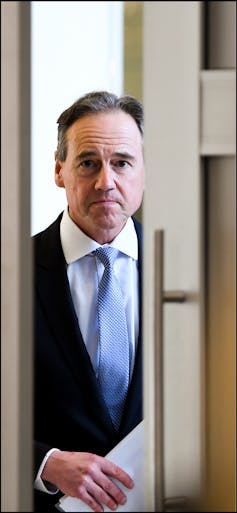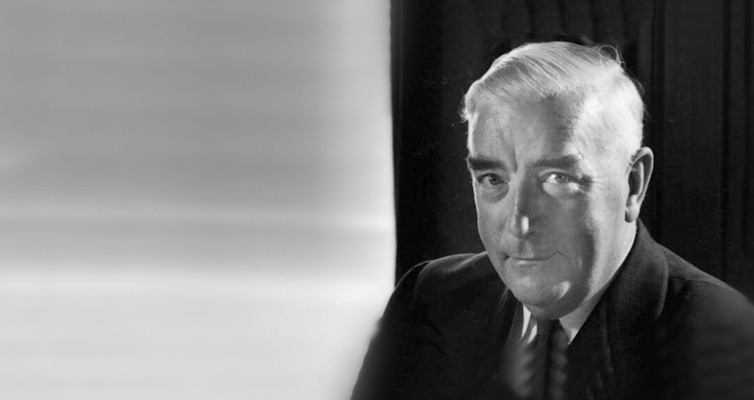Few of us who have survived the last year aren’t grateful for technology.
Zoom, email, connected workplaces and solid internet connections at home have made it possible to work, shop, study and carry on our lives in a way that wouldn’t have been possible had the pandemic hit, say, 20 years earlier.
But parts of big tech — the parts that track us and drive us to think dangerous and antisocial things just so we keep clicking — are doing us enormous damage.
Although it might seem like we can’t have the best of both worlds — the connectivity without the damage — I reckon we can. But we are going to have to change the way we think about big tech.
The first thing is to recognise that big tech is intrinsically weak. Yes, weak. The second is that it has only become strong each time we have let it.
By “big tech” I mean Facebook and Google and related companies such as Instagram and YouTube (owned by Facebook and Google respectively).

